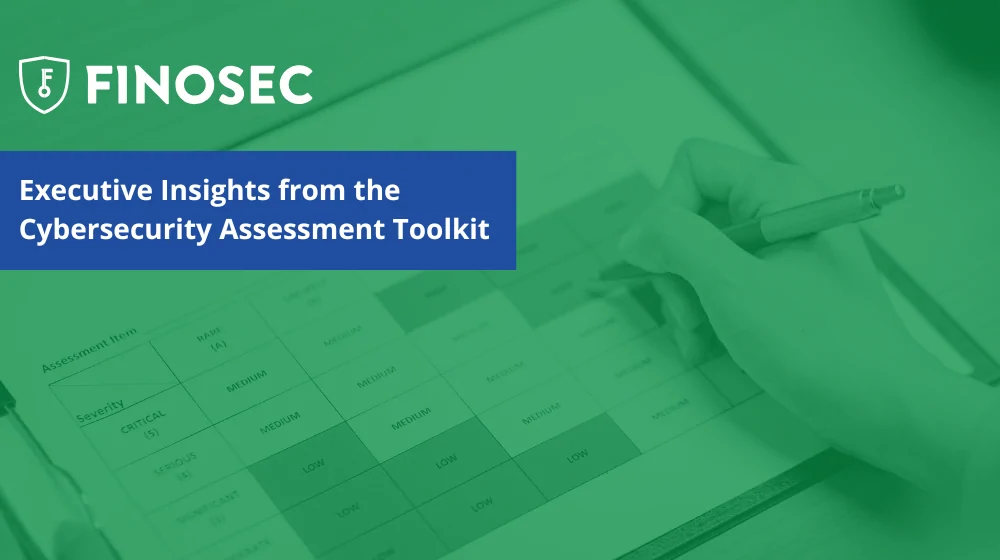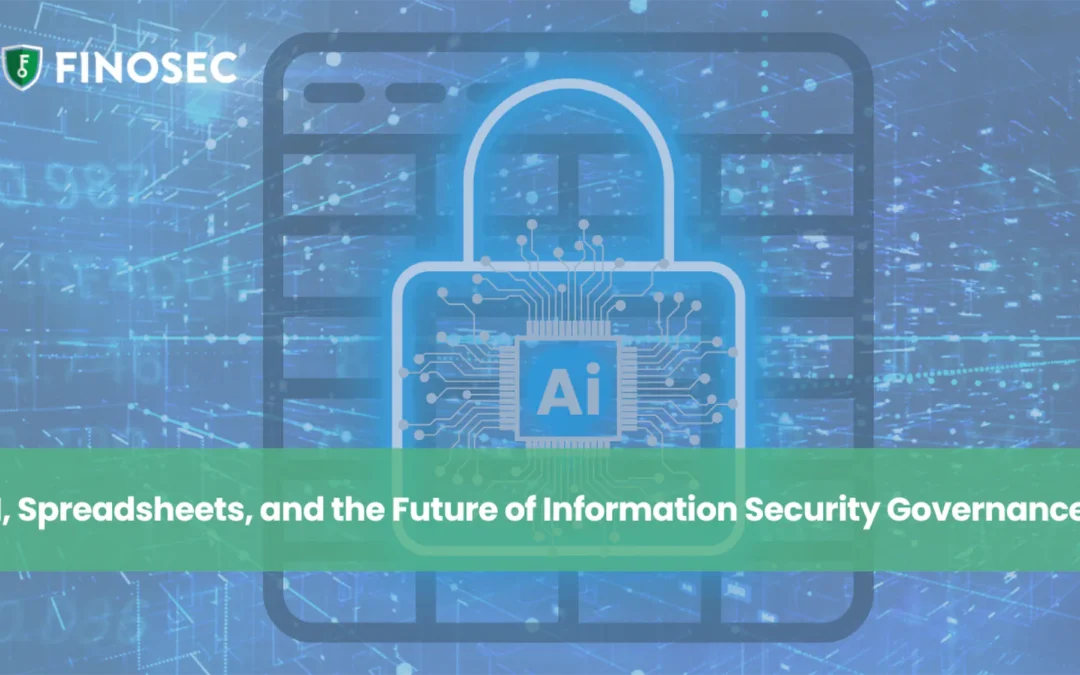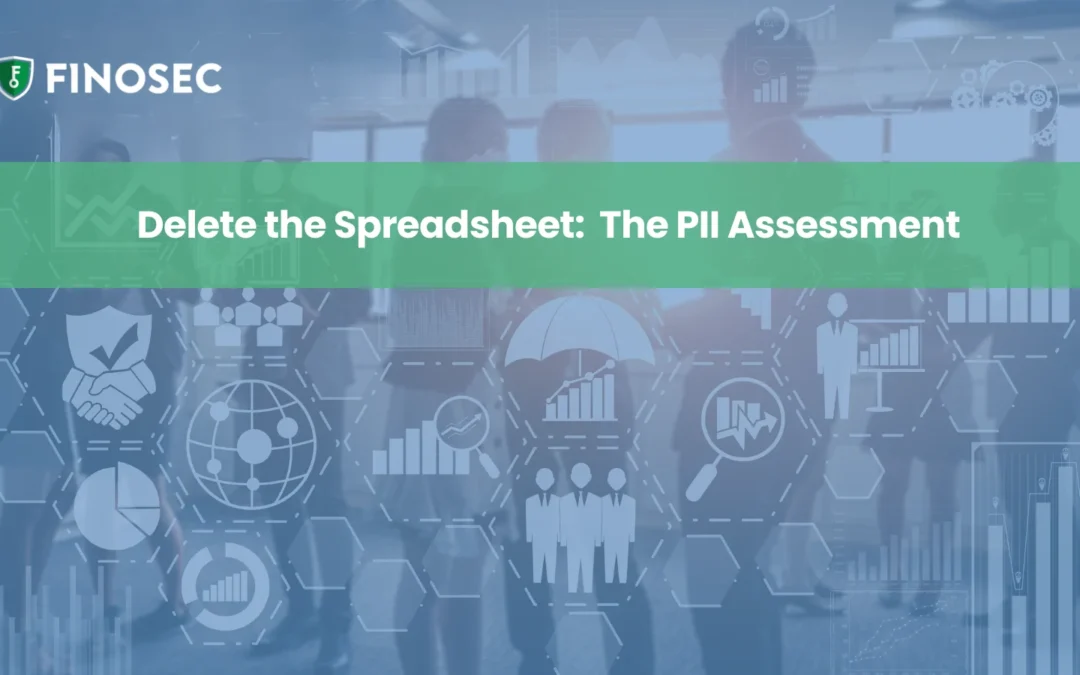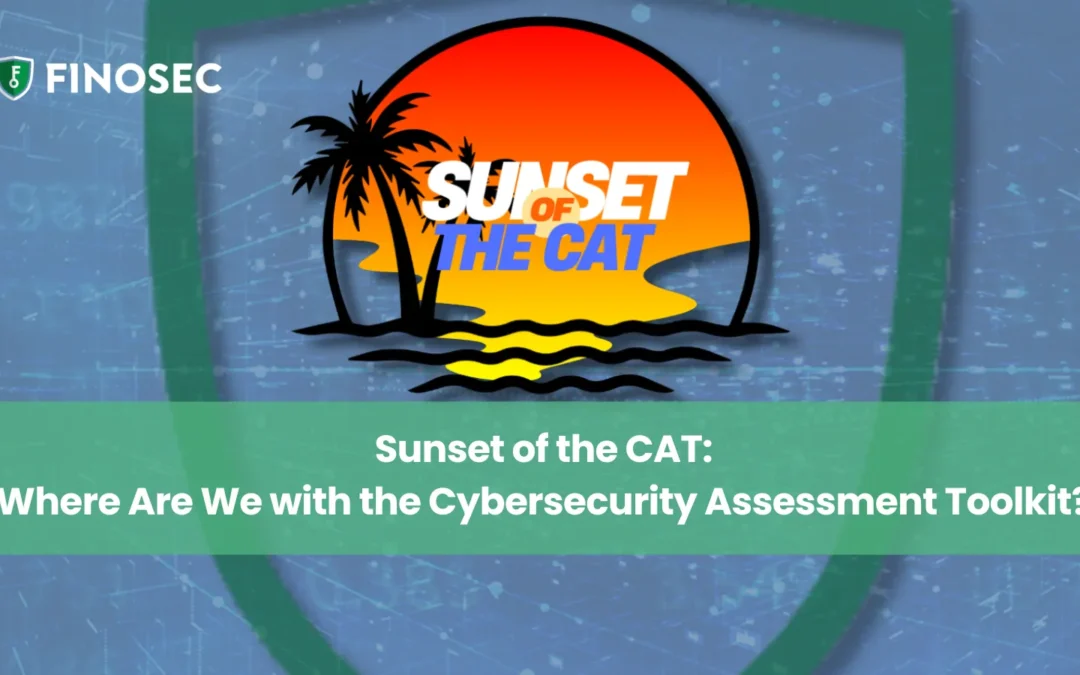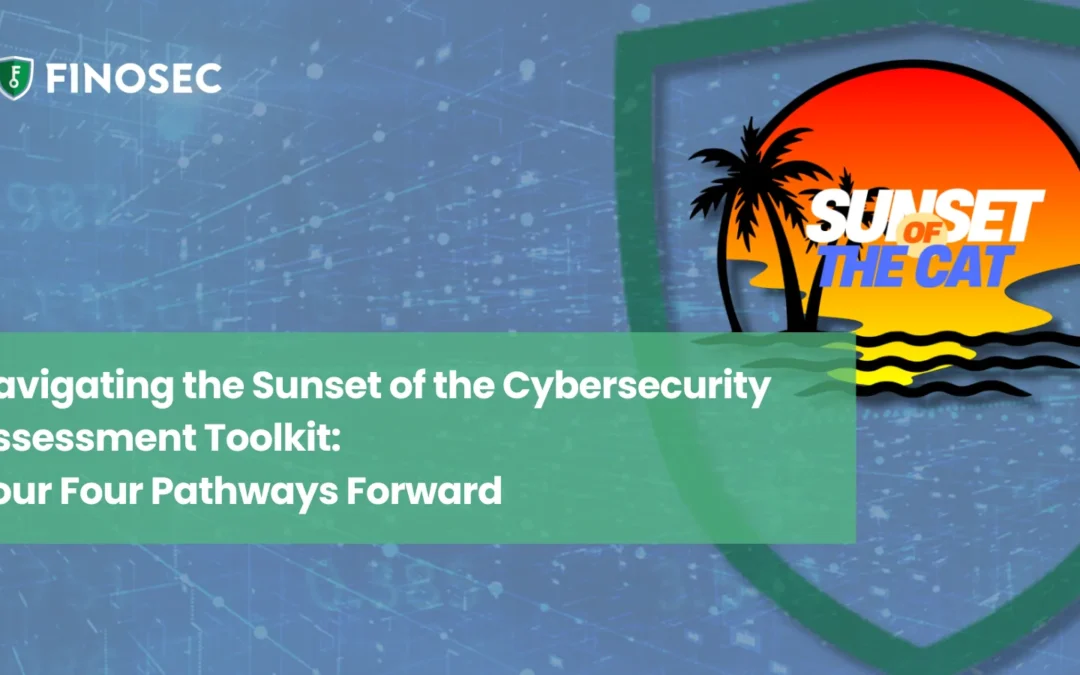In today’s rapidly evolving digital landscape, financial institutions are under constant threat from cyber adversaries. While policies, security information and event management (SIEM) systems, firewalls, and encryption are indispensable, there’s an often-underestimated element: effective cybersecurity training for employees.
While all institutions have some sort of cyber training, I often see it as a “check the box” engagement, rather than an opportunity to truly engage your team to be an active line of defense.
The sophistication of cyber threats has escalated over the years, increasingly targeting not just systems but individuals. Recent studies indicate that 85% of data breaches involve a human element, underscoring the critical need for comprehensive cybersecurity training.
This brings us to the concept of the “human firewall,” an employee trained to recognize and counteract cyber threats. They serve as the first line of defense when technological measures fall short and often act as the final checkpoint when something just looks “off.” Essential skills for this role include the ability to identify phishing attempts, an understanding of robust password protocols, and a cautious approach to data sharing.
Technical resources are critical for your institution’s protection; however, the vulnerability often lies in human error. A single lapse in judgment can result in significant financial loss and reputational damage. For instance, a notable bank recently incurred a $6 million loss due to an employee succumbing to a phishing scam.
So, what constitutes an effective training program?
Awareness Campaigns
Educate your employees on the various types of threats and their manifestations. Test them through real-world simulations, and phishing campaigns. Be creative and have fun!
Leadership Involvement
Culture starts at the top.If Management isn’t bought in, no one else will be.
Regular Updates
As cyber threats evolve, so should your training initiatives. Don’t let this be a one-and-done event for your staff.
I invite you to assess your current training programs. Are they comprehensive enough to build a human firewall for your most valuable assets? If not, it’s time to invest in elevating your cybersecurity training.

